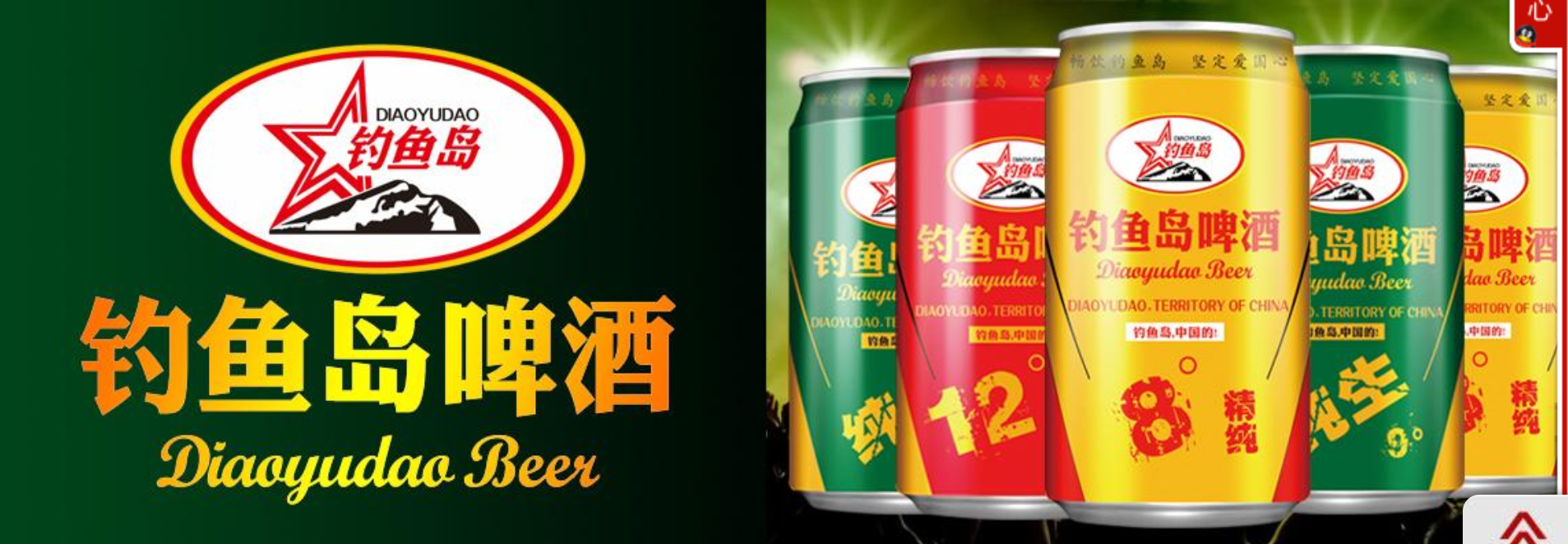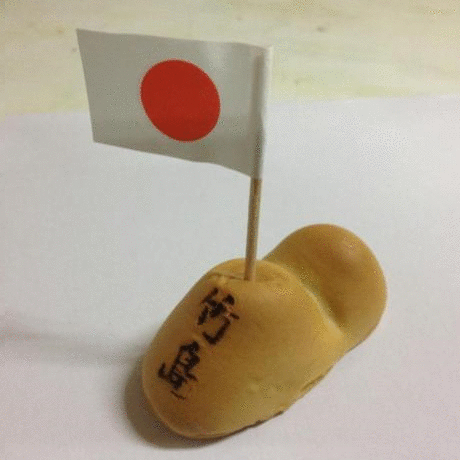Book Project:
Commodification of Nationalism
In a nutshell, I take a comparative politics approach to a topic of international relations by examining how domestic activities of commodification surrounding disputed territory influence public resonance on territorial disputes by creating personal relevance. To use examples, imagine how a local merchant that sells 'Dokdo bread' (Dokdo is a disputed territory between Japan and South Korea) is able to not only contribute to the nationalist rhetoric surrounding Dokdo, but also become a sustained stakeholder in the issue now that the fate of the country (territorial sovereignty) is aligned with one's own livelihood (business of selling Dokdo bread).
While it might seem unsettling to think about nationalism in tangible terms, there is actually a strong component of 'manufacturing' that goes into public interest on territorial sovereignty. I argue that even if territorial disputes galvanize emotions such as nationalism, interest must be earned rather than assumed. The necessity of problematizing public interest is magnified when we accept the reality that territorial sovereignty is always competing for public’s attention against other more pressing everyday priorities as that of jobs, health, and public safety. The commodification of nationalism or the businesses surrounding territorial sovereignty in the marketplace—say, food and drinks that popularize the name of the contentious territory (see images below)—are able to explain what gives public interest its permanency. By making territoriality a party of everyday life, commodification effectively makes territoriality everyone’s business.
With all that said, my more general intention is to transition from thinking about territorial disputes "in our heads" to how people do politics "in the (everyday) world," and move away from the hegemonic understanding of citizens as simply protesters or consumers within the context of territorial disputes by giving them creative agency through the channel of commodification.



